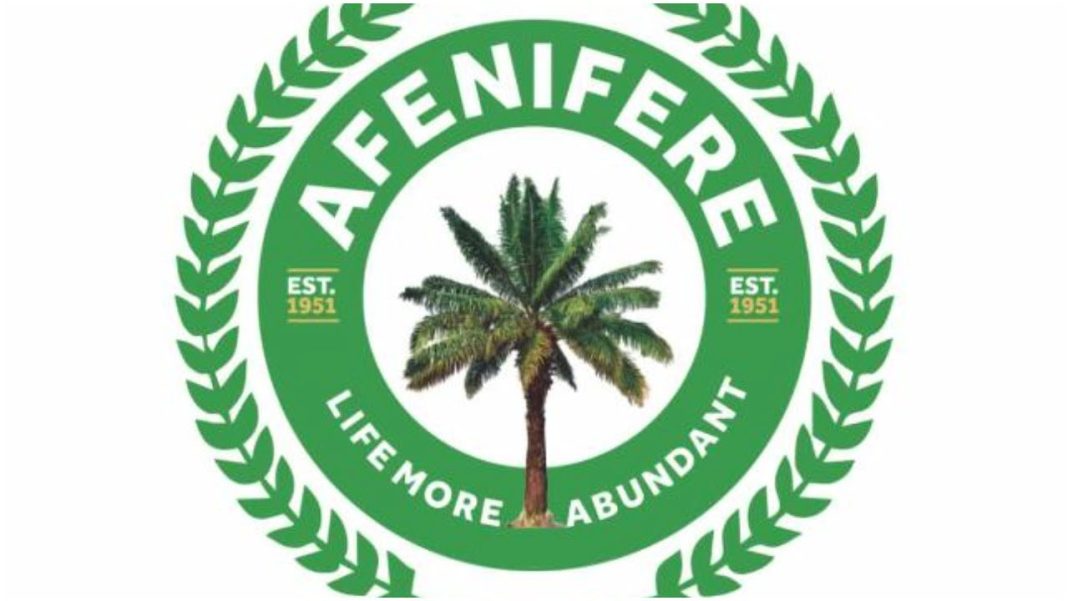Afenifere Group in the United Kingdom and Europe, also known as UK Afenifere, has urged Nigerians to demand a new constitution that reflects true federalism throughout the nation as the Nigerian constitutional review approaches its scheduled December 2025 deadline.
The National Assembly had stated that a constitutional review was required because of the numerous laws that were brought before it for assessment. State creation, judicial reform, local government autonomy, electoral reform, and security restructuring—most notably, the creation of a State Security Council and State Police—are among the legislation.
According to lawmakers, the process of constitutional revision aims to shape Nigeria’s future rather than merely update a document.
According to a news release released on Wednesday, July 16, 2025, by UK Afenifere Secretary Engr. Anthony Ajayi, the group claimed that despite the introduction of new technology, Nigeria has not significantly advanced or impacted its inhabitants since the 1999 Constitution was adopted. The group maintained that since the nation is already in a state of quagmire, its residents need a new constitution rather than ongoing amendments that don’t directly benefit them.
The group argues that the 1999 Constitution, as amended, has led to corruption and insecurity, depriving the Nigerian people of the opportunity to enjoy good governance. They also claim that Nigerian politicians have been using the constitution as a cover to carry out evil deeds against the Nigerian people without consequence.
“Like others who have demanded a national conference or referendum to resolve our disagreements, we have been pushing for Nigeria’s restructuring throughout the years. However, given the state of affairs, Nigeria requires a constitution that will serve the interests of the people above that of the politicians.
We cannot keep supporting behaviors that hinder our growth, limit our potential, and make fun of our shared sensibility.
Read Also: Buhari is gone — who inherits his 12m loyalists?
Without oil revenue, the Western region, led by Chief Obafemi Awolowo, built a number of roads, farm settlements, industrial estates, the first TV station in Africa, and the tallest building in Nigeria at the time. It also used capitation tax and revenue from mining and agriculture to fund free education for over 800,000 students, while still donating half of its mining and mineral earnings to the federal government and other regions.
Nigeria requires a new constitution that empowers Nigerians, fortifies institutions, fosters electoral justice, safeguards the rights of minorities, and permits broad-based development at all levels, according to the collective wisdom of some of our notable leaders, including former President Olusegun Obasanjo, former President Goodluck Jonathan, Prof. Woke Soyinka, and Pa Reuben Fasoranti, among others. These leaders have continuously pointed to the 1999 Constitution, which is characterized as unitary and undercuts federalism, as the source of Nigeria’s problems.
We agreed with Olawale Okunniyi when he stated that the 1999 Constitution, which was ratified during the final years of military rule without much public input, has long been criticized for solidifying a unitary system that stifles federalism, threatens local governance, and ignores Nigeria’s multiethnic, pluralistic reality.
Many of Nigeria’s enduring problems derive from constitutional dysfunction, including systemic insecurity, widespread young unemployment, inadequate public service delivery, weak institutions, unequal resource management, and economic centralization.
As a result, we urged all Nigerians to demand a new constitution that guarantees real federalism, which is frequently thought of as the best form of administration for nations with significant ethnocultural diversity. “This was the same principle that our heroes from the past, including Chief Obafemi Awolowo, Nnamdi Azikiwe, Tafawa Balewa, and many others, used to develop their region,” the UK Afenifere stated.



